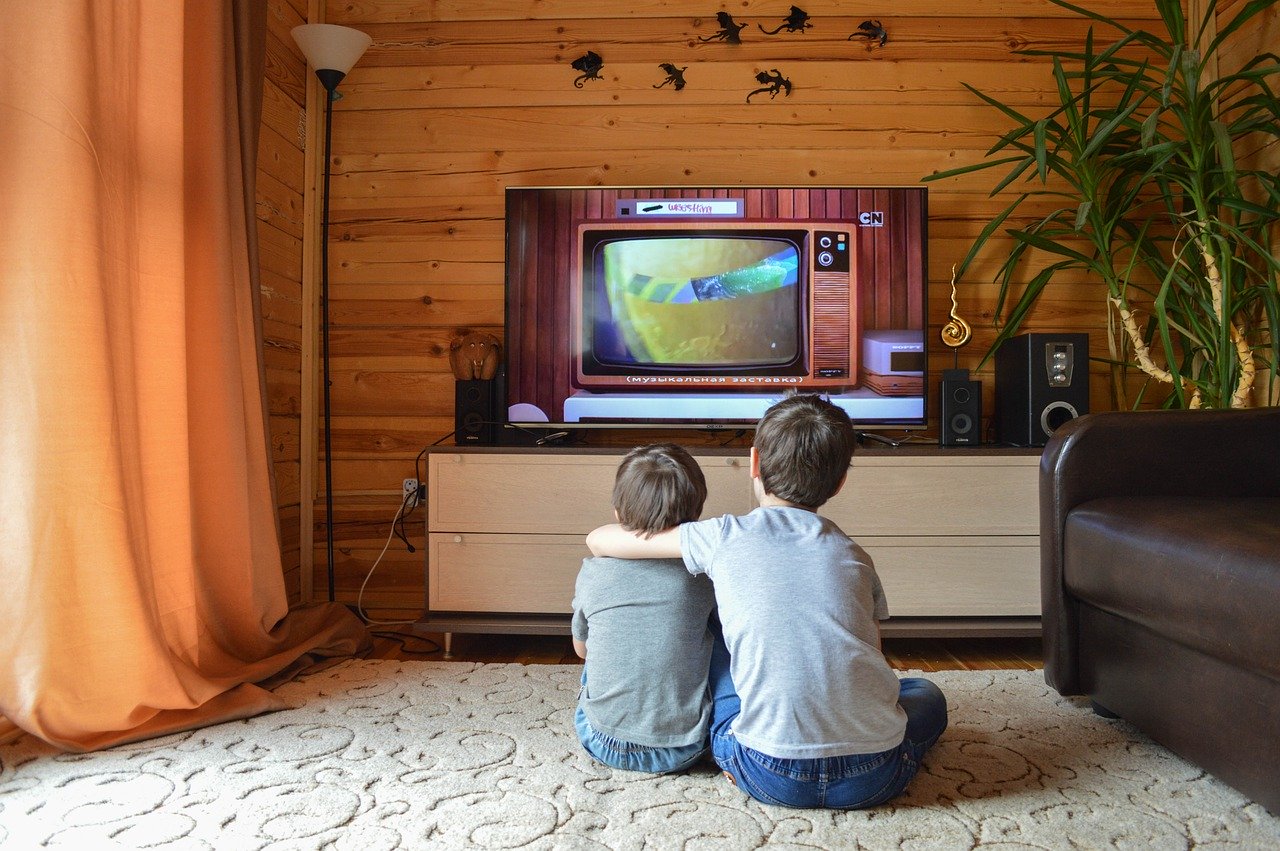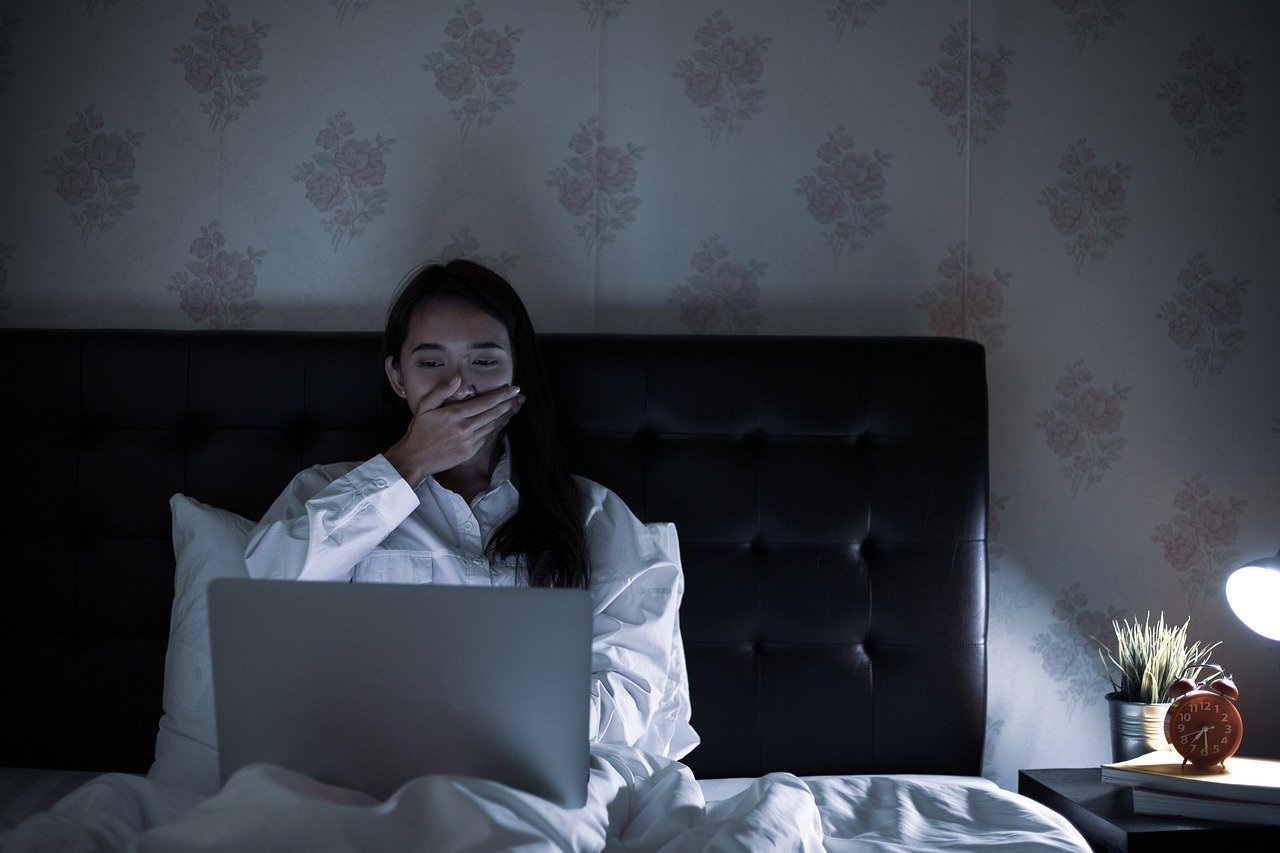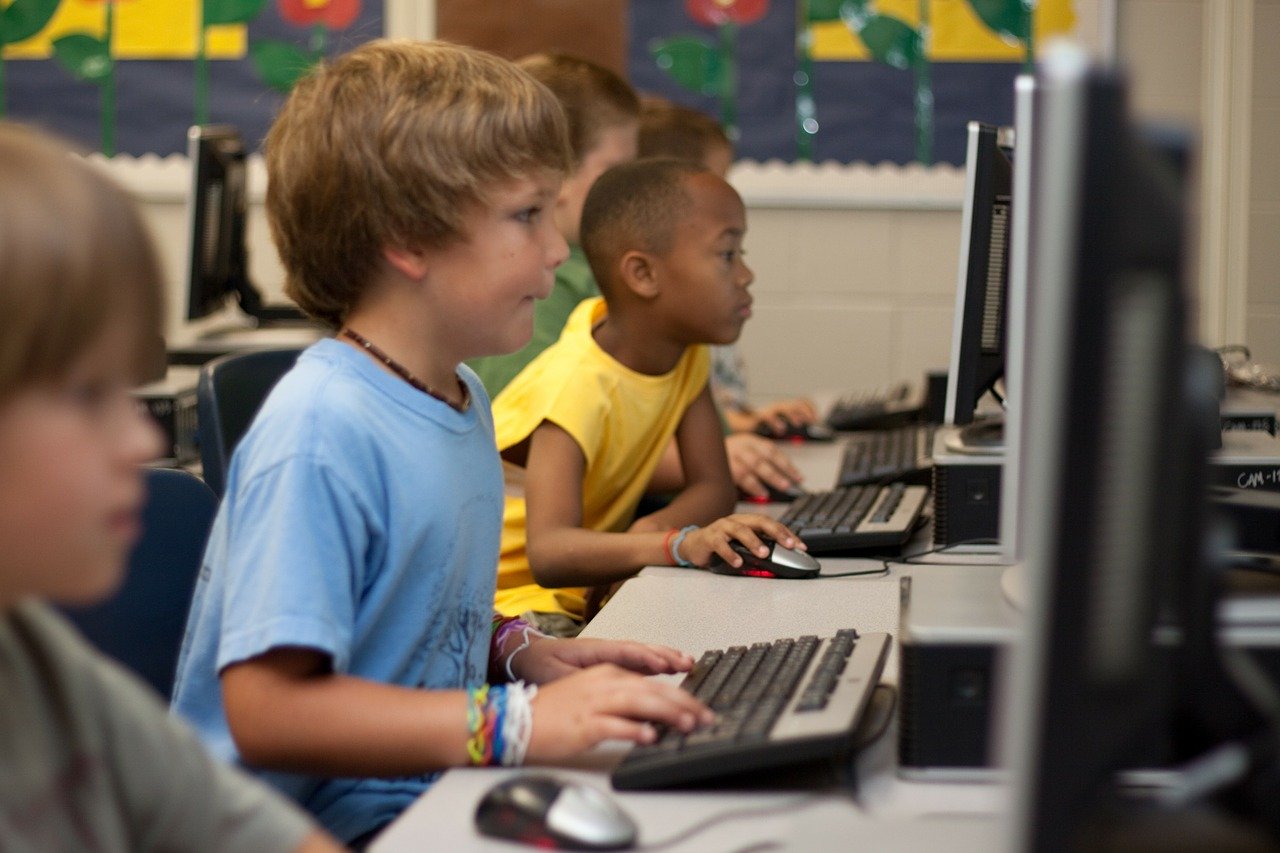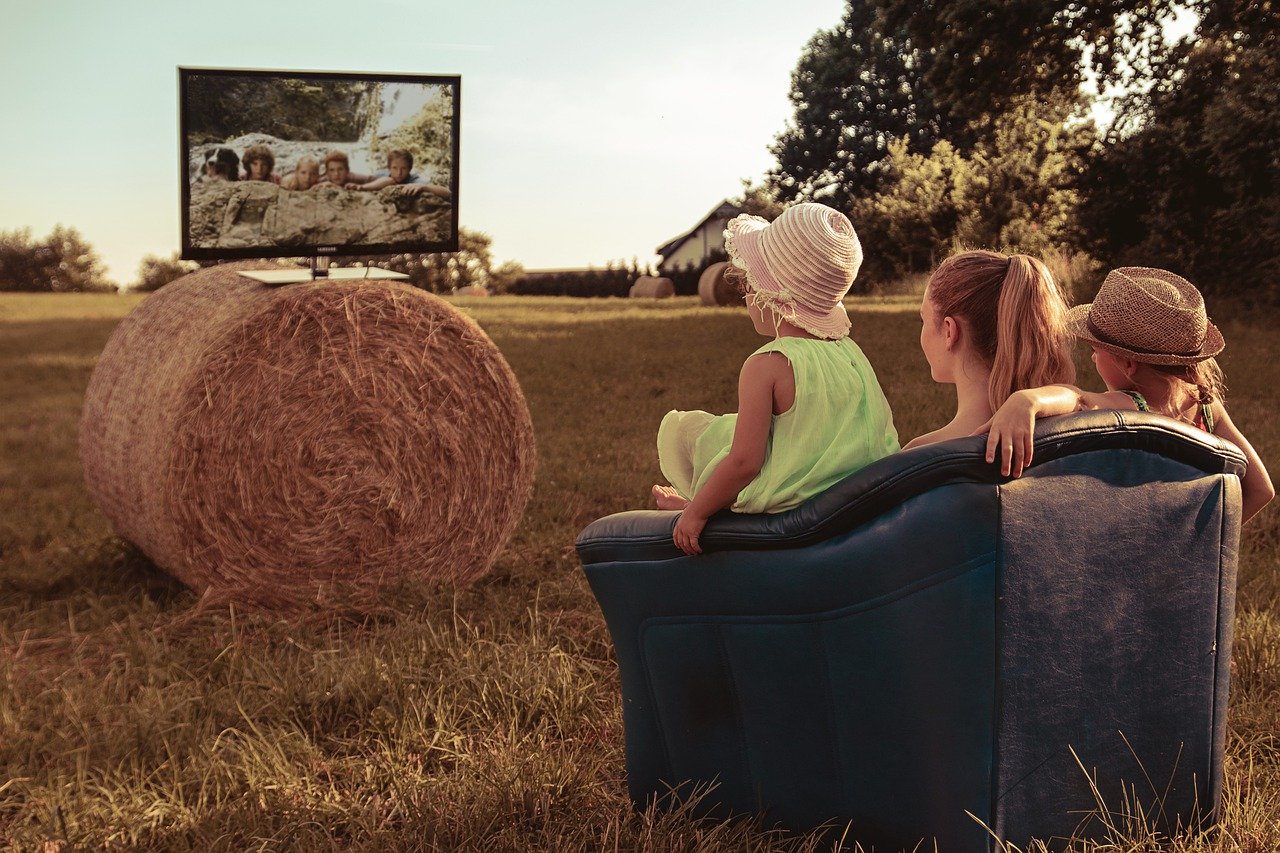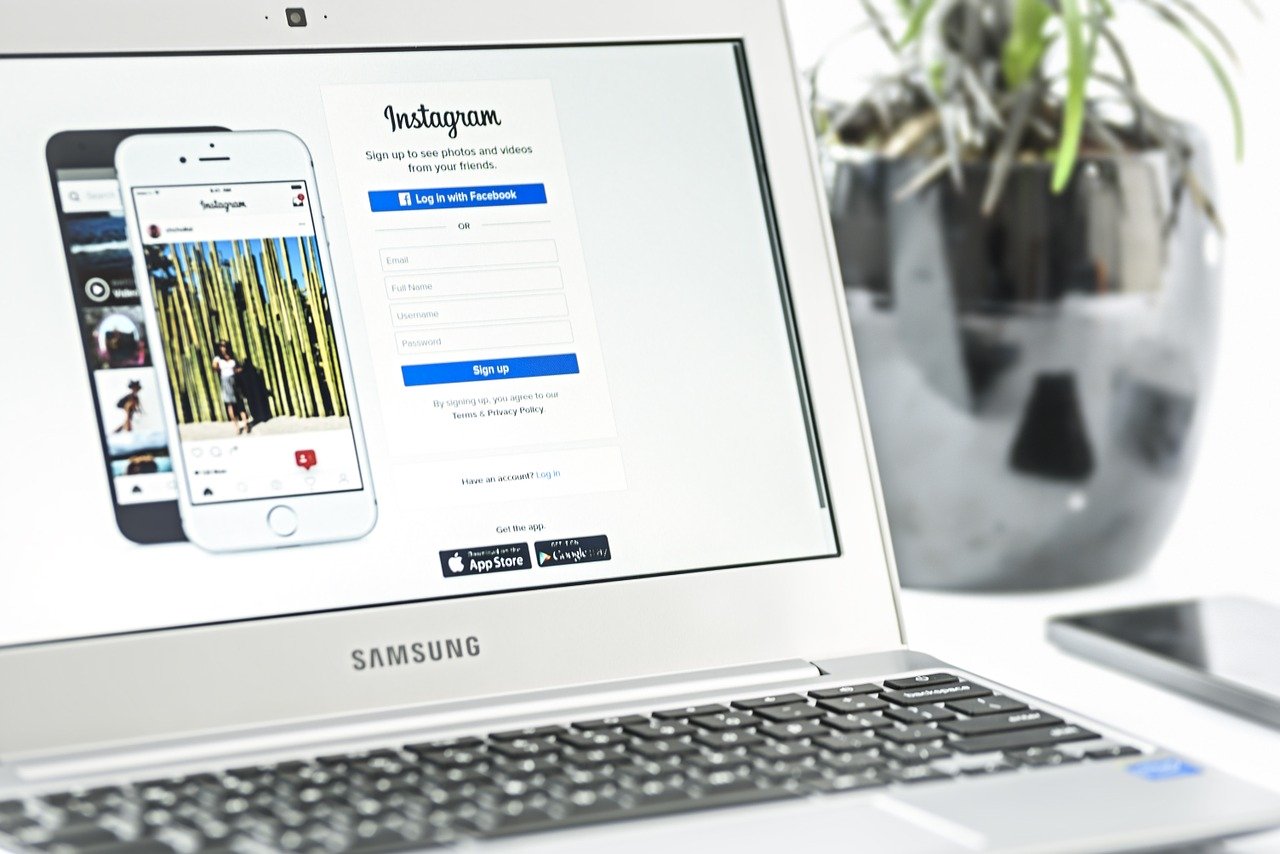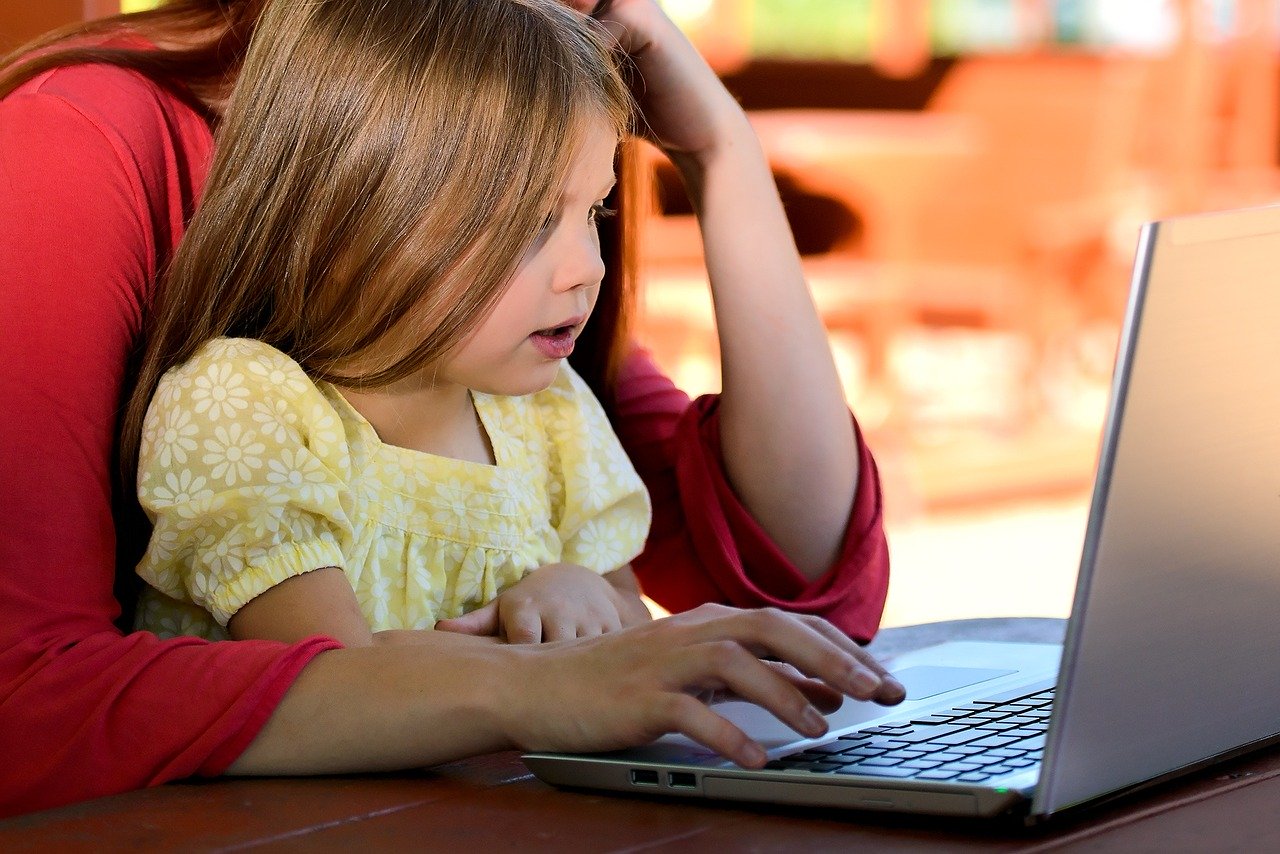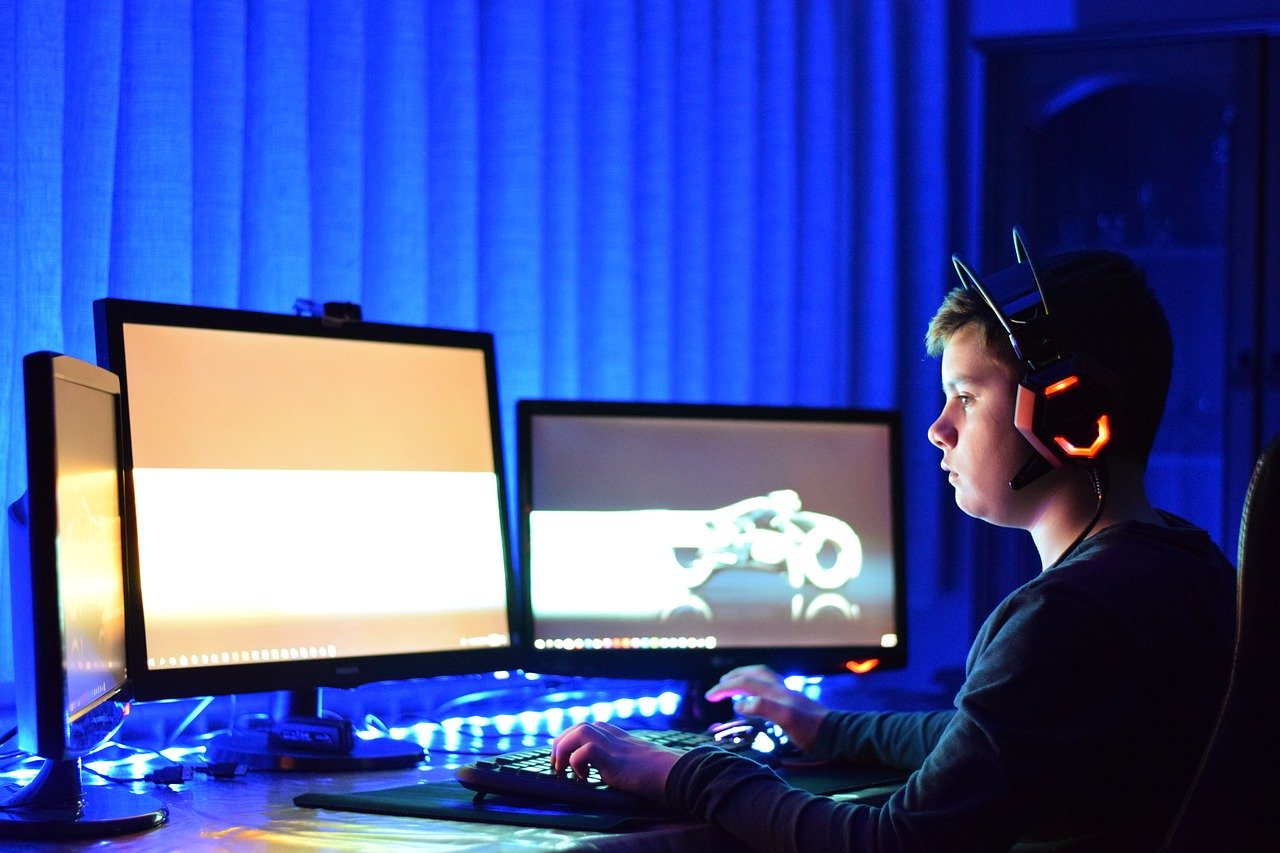In January 2019 researchers from the UK published the results of their study to assess the association between screen use and anxiety and depression in young people. A total of … Read more
Adolescent girls who watch television with high levels of relational aggression, eg soaps, reality television, etc, appear to send texts with a higher level of aggression whereas for boys it is the time they spend watching television in general which appears to predict the level of aggression in texts
In May 2019 researchers from the USA published the results of their study to assess the association between relational aggression on television and relational aggression in text messaging. Relational aggression, … Read more
Moderate physical activity, watching television/movies for less than 3 hours/day and sitting for under 8.5 hours/day in total reduces the risk and progression of atherosclerosis
In February 2019 researchers from the USA published the results of their study to assess the association between sedentary behavior and physical activity on risk of atherosclerosis in a Mexican … Read more
Face-to-face interaction is required for young children to develop an understanding of emotions, with a greater amount of time spent watching television in girls and on gaming in boys leading to a reduced understanding of emotions
In September 2019 researchers from Norway published the results of their study to assess the association between screen usage and a child’s understanding of emotion. (Emotion understanding is generally defined … Read more
Sleep and dietary patterns, technology and internet usage, perinatal factors, breastfeeding, birth delivery mode and exercise all appear to have an effect on the amount of impulsive behaviour seen in children and adolescents with attention deficit/hyperactivity disorder
In September 2019 researchers from Spain published the results of their study to assess the association between weight, birth attributes, exercise and sleep habits, dietary intake and impulsive behaviour in … Read more
Greater technology use appears to be associated with more sleep-wake problems and less time in bed in all adolescents, but the association between the amount of technology usage and teacher-rated daytime sleepiness only appears to be seen in adolescents with attention deficit/hyperactivity disorder
In June 2019 researchers from the USA published the results of their study to assess the differences in types and amount of technology used by adolescents and its association with … Read more
Scientists, public health practitioners and parents need to better understand the content of their child’s screen time, how they use screens to fulfill specific needs, and how their interaction with screens has an impact on their health and choices
In May 2020 researchers from the USA published their review on the association of extended television viewing with obesity in adolescents. The researchers stated that on a global basis, adolescent … Read more
Scientists, public health practitioners and parents need to better understand the content of their child’s screen time, how they use screens to fulfill specific needs, and how their interaction with screens has an impact on their health and choices
In May 2020 researchers from the USA published their review on the association of extended television viewing with obesity in adolescents. The researchers stated that on a global basis, adolescent … Read more
The healthy eating community on Instagram appear to have a higher incidence of orthorexia nervosa symptoms
In June 2017 researchers from the UK published the results of their study to assess the links between social media use, in particular Instagram, and symptoms of orthorexia nervosa (an … Read more
Outdoor activity reduces the risk of childhood near/short sightedness
In May 2019 researchers from the USA published their review on the cause of near/short sightedness in childhood. Today’s popular press is filled with reports of children’s digital device use … Read more
An analysis of Pininterest reveals that over 68% of the recommended recipes for homemade sunscreens offer insufficient ultraviolet radiation protection
In May 2019 researchers from the USA published the results of their study to assess homemade sunscreens on social media, specifically Pinterest, which has over 175 million users. Recent interest … Read more
Viewing selfies online appears to have a negative impact on the well-being and body confidence in adolescents
In July 2019 researchers from Australia, France and the USA published their review of the medical scientific literature to assess the relationship between taking “selfies” with well-being and body confidence … Read more
Researchers state it is time to critically reflect on the current business model of ‘user data in exchange for app-use allowance’ and that instead it might be better to ban or regulate certain design elements in apps to come up with less addictive products
In July 2019 researchers from Germany published the results of their analysis of different smartphone apps in an attempt to identify design elements that prolong app usage. This analysis was … Read more
The amount of screen time is linked to the level of depressive symptoms in adolescents
In July 2019 researchers from Canada and Australia published the results of their study to measure the association between screen time and depression. Information on social media, television, video gaming … Read more
Internet over-usage appears to be associated with reduced empathy and lower life satisfaction scores whilst smartphone over-usage appears to be associated with higher scores on the personal distress scale
In March 2018 researchers from Germany, China and the UK published the results of their study to assess the association between internet and smartphone over-usage with empathy and life satisfaction. … Read more
A tendency for internet and smartphone over-usage appears to be significantly associated with a low degree of conscientiousness, a high level of neuroticism, a higher degree of social anxiety and a higher level of impulsivity
In June 2019 researchers from Germany and the USA published the results of their study to try and replicate findings linking specific personality traits with internet and smartphone over-usage. Earlier … Read more
High social media usage by students may lead to a reduction in their academic performance
In May 2019 researchers from Iran published the results of their study to assess the association between social networking addiction and academic performance of students. A total of 360 students … Read more
Social media overuse appears to be associated with a high risk of depressive symptoms in adolescent girls
In June 2019 researchers from Estonia published the results of their study to assess the association between social media addiction and depressive symptoms in adolescent girls. A total of 397 … Read more
Addictive social media use reflects a need to feed the ego (ie narcissistic personality traits) in an attempt to prevent a low self-esteem
In January 2017 researchers from Norway and the UK published the results of their study to assess the association between addictive use of social media, narcissism, and self-esteem. It has … Read more
Living near power lines and maternal cordless phone use before and during pregnancy appears to be significantly associated with speech problems in the offspring but no link has been found between maternal mobile phone use and speech problems
In February 2019 researchers from Iran published the results of their study to assess whether exposure to common sources of radiofrequency electromagnetic fields either prior to or during pregnancy was … Read more


